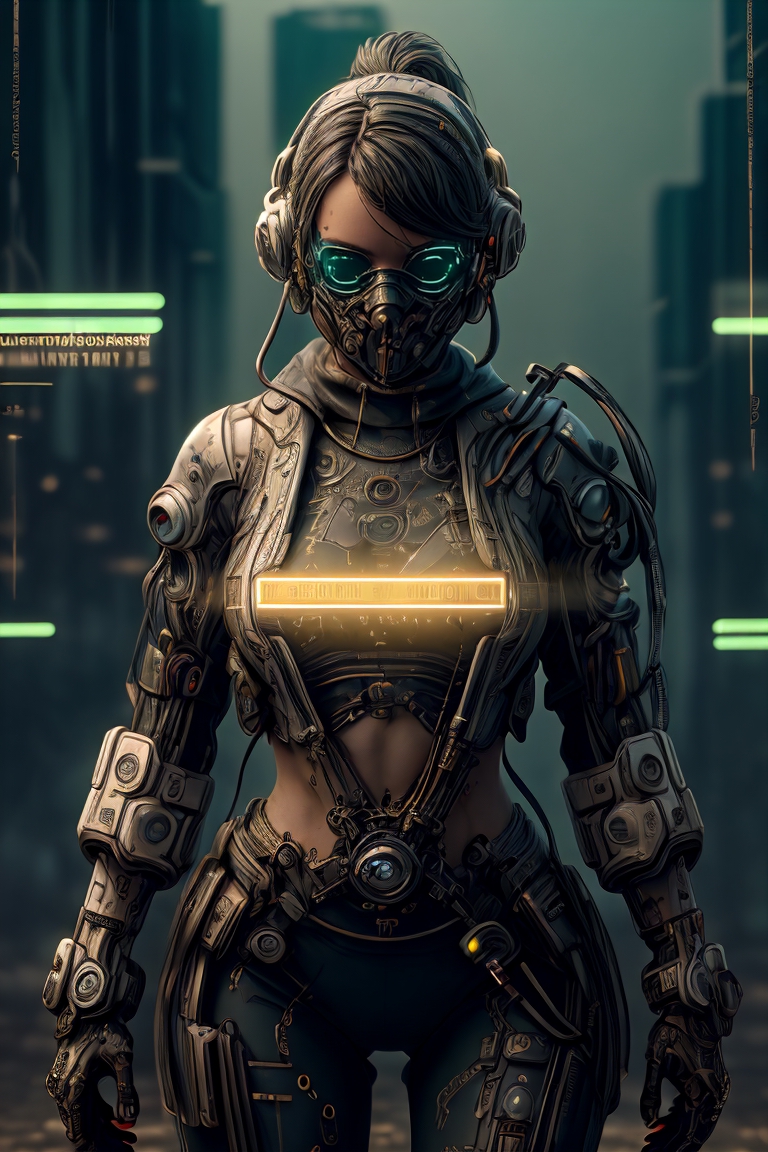Society's Transformation: How Artificial Intelligence Is Changing Our World
Alexander Andersen / October 26, 2023

In the realm of technological advancements, one phenomenon stands out as a true game-changer: artificial intelligence (AI). Over the past few decades, AI has undergone an incredible transformation, and its influence on society is profound. This article explores how AI is reshaping our world in various facets of life and its far-reaching impact on the way we live, work, and interact.
- **1. The AI Revolution:Artificial intelligence, once confined to science fiction, is now a tangible reality. It's no longer just a tool for automating tasks but a catalyst for change. AI-driven technologies, such as machine learning, natural language processing, and computer vision, are transforming industries across the board. Businesses, healthcare, education, transportation, and more are experiencing a profound shift
- .
- **2. Economic Impact:
- AI's economic impact is undeniable. It's creating new markets, generating jobs, and driving innovation. Automation and data analytics are boosting productivity in manufacturing, while e-commerce and fintech are redefining the way we conduct business. The AI economy is not limited to tech giants but permeates every sector.
- **3. Healthcare Revolution:In the healthcare sector, AI is revolutionizing patient care, diagnosis, and drug discovery. It's enhancing our ability to predict disease outbreaks, personalize treatment plans, and even perform complex surgeries with precision. AI-powered medical devices and telemedicine have become a reality.
- **4. Educational Transformation:Education is evolving as AI-powered tools help students learn more effectively. Adaptive learning platforms, virtual tutors, and personalized content recommendations are providing tailor-made educational experiences. Teachers and educators are leveraging AI to gain insights and optimize curriculum design.
- **5. Social Interaction:AI is also transforming the way we interact with the world. Virtual assistants, chatbots, and social media algorithms use AI to personalize our online experiences. AI is driving the era of social commerce, where product recommendations are tailored to individual preferences.
- **6. Ethical Considerations:As AI's influence grows, so do the ethical questions surrounding it. Issues related to bias in AI algorithms, privacy concerns, and the potential misuse of AI are gaining prominence. Society is grappling with how to navigate these complex ethical challenges.
- **7. AI and Employment:While AI is automating many tasks, it's also creating new job opportunities in areas like AI development, data science, and robotics. Reskilling and upskilling have become critical as the job market evolves.
- **8. The Future of AI:AI is not static; it's constantly evolving. The future promises even more profound changes, with the potential to address global challenges such as climate change, food security, and healthcare accessibility. The growth of AI in robotics, autonomous vehicles, and smart cities heralds a new era of urban living.
- **9. Conclusion:The transformation of society driven by artificial intelligence is undeniable. It is a force of innovation and change that touches every aspect of our lives. While challenges and ethical concerns exist, there's no denying that AI's potential to enhance our world is immense. As AI continues to evolve, we must harness its power wisely to create a future that benefits all of humanity.
In conclusion, the impact of artificial intelligence on society is monumental. It's changing the way we live, work, and connect. As AI technology advances, it is crucial that we embrace the opportunities it presents while addressing the ethical considerations and challenges that arise. The transformation has only just begun, and the future promises a world that is more interconnected, efficient, and, in many ways, more intelligent.